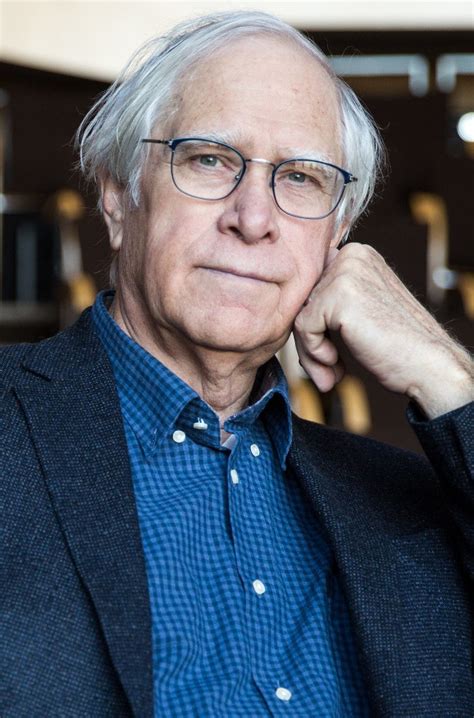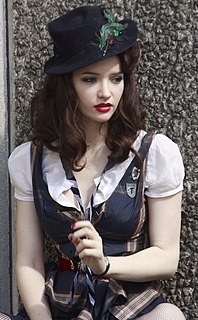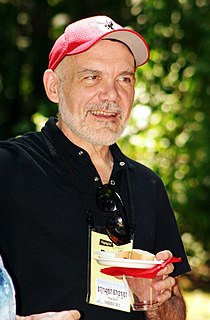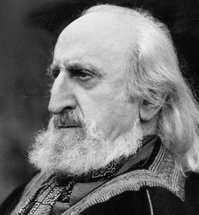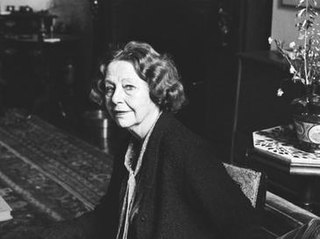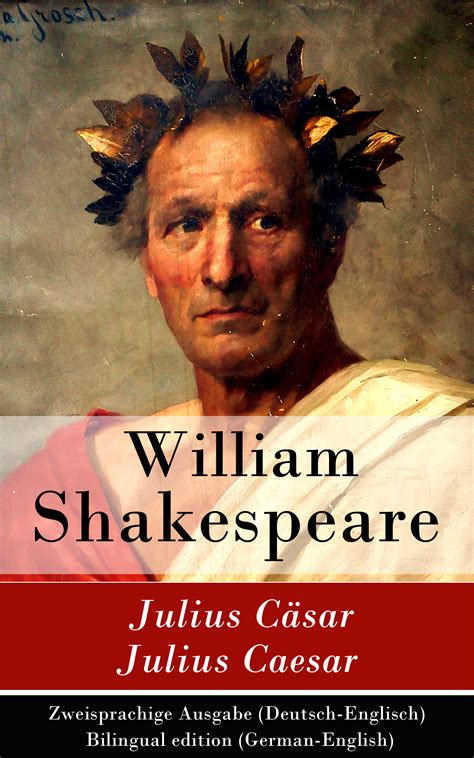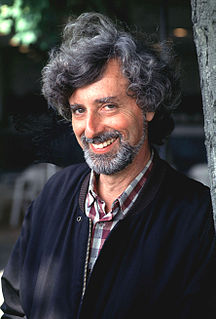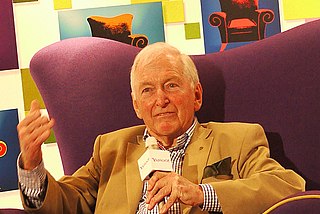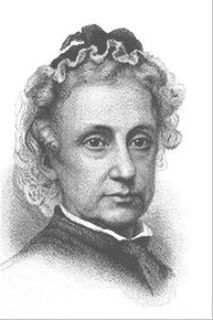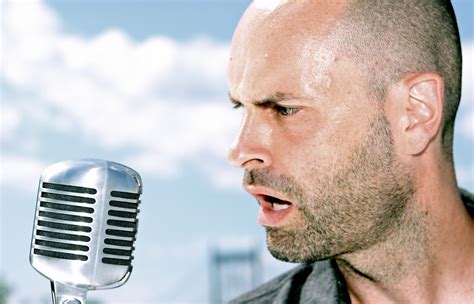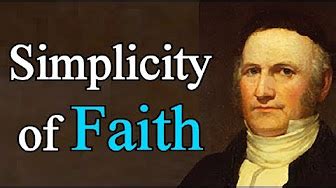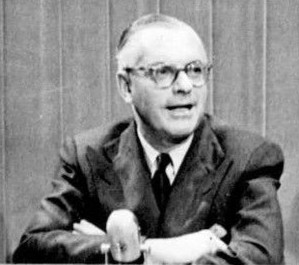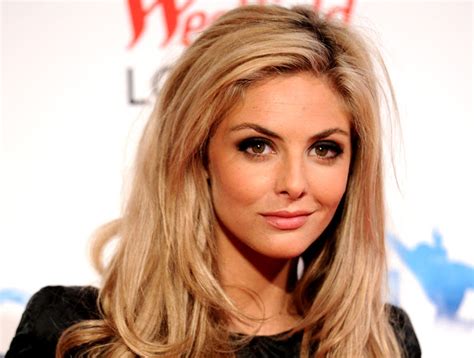Top 1200 Mystery Novels Quotes & Sayings - Page 6
Explore popular Mystery Novels quotes.
Last updated on November 19, 2024.
My major preoccupation is the question, 'What is reality ?' Many of my stories and novels deal with psychotic states or drug-induced states by which I can present the concept of a multiverse rather than a universe. Music and sociology are themes in my novels, also radical political trends; in particular I've written about fascism and my fear of it.
There were positive things about the church, that is, in the European cultural sense, the architecture, the liturgy, the music, the art, such as it was, the stations of the cross in the church, the tradition, and the atmosphere of awe and mystery in the mass. The atmosphere of miracle, one of mainly mystery, that's what fascinates me.
The writers who inspire me most are all women: Enid Blyton, Agatha Christie, Margaret Mitchell and Emily and Charlotte Bronte. As for contemporary novels, one of my favourites is 'Everyone Brave is Forgiven' by Chris Cleave. It's the sort of book to read if you've fallen out of love with reading - it reminds you just how brilliant novels can be.
Novels shouldn’t aspire to answer questions, and I wouldn’t presume to offer advice about love or marriage in any case. What’s fascinating to me about marriage as a subject for fiction—a subject that fiction has taken on with gusto since the 19th century—is how unknowable other people’s relationships are. Even the marriages of your parents, your siblings, your closest friends always remain something of a mystery. Only in fiction can you pretend to know people completely.
All my novels are rooted in their time and in their place. The place of my novels is Israel, almost without exception. Almost without exception, my novels are rooted in Israel because that's the place I know well. And, that's my gutsy advice to any young writer: write only about what you know well. Don't write about that which you don't know.
Popular Christianity has for its emblem a gibbet, for its chief sensation a sanginary execution after torture, for its central mystery is an insane vengeance bought off by a trumpery expiation. But there is a nobler and profounder Christianity which affirms the sacred mystery of equality and forbids the glaring futility and folly of vengeance.
I do not think novels are necessarily more worthwhile than games. A novel can be a trivial waste of time, and a game can teach. Whatever the genre, I think a successful narrative allows us to participate, to try on new roles and points of view. At their best, novels and games serve as vehicles for discovery.
In this world are very few things made from logic alone. It is illogical for man to be too logical. Some things we must just let stand. The mystery is more important than any possible explanation. The searcher after truth must search with humanity. Ruthless logic is the sign of a limited mind. The truth can only add to the sum of what you know, while a harmless mystery left unexplored often adds to the meaning of life. When a truth is not so important, it is better left as a mystery.
To see what books were available for my older students, I made many trips to the library. If a book looked interesting, I checked it out. I once went home with 30 books! It was then that I realized that kids' novels had the shape of real books, and I began to get ideas for young adult novels and juvenile books.
Not till I was shut up to prayer and to the study of God's word by the loss of earthly joys sickness destroying the flavor of them all did I begin to penetrate the mystery that is learned under the cross. And wondrous as it is, how simple is this mystery! To love Christ, and to know that I love Him this is all.
Sir,’ said Stephen, ‘I read novels with the utmost pertinacity. I look upon them--I look upon good novels--as a very valuable part of literature, conveying more exact and finely-distinguished knowledge of the human heart and mind than almost any other, with greater breadth and depth and fewer constraints.
I do not share the pessimism of the age about the novel. They are one of our greatest spiritual, aesthetic and intellectual inventions. As a species it is story that distinguishes us, and one of the supreme expressions of story is the novel. Novels are not content. Nor are they are a mirror to life or an explanation of life or a guide to life. Novels are life, or they are nothing.
Total oblivion is the fate of almost everything in this world. I'm very likely to suffer that same fate; my work will probably not be remembered, and if any of it is, if any of those novels is fated to be one of those novels that is still being read 50 or 100 years after it was written, I've probably already written it.
I was very aware of the legend, from such an early age. Being a Brit, you are so aware of King Arthur, Camelot, Guinevere and Morgan, the witch. Merlin is this mad magician who's cloaked in mystery. It has that mystery about it. And, it's a lead role for a woman that's strong and has a real journey to take.
What the Latins have done in this text (1 John v, 7) the Greeks have done to Paul (1 Tim. iii, 16). They now read, "Great is the mystery of godliness; God manifest in the flesh"; whereas all the churches for the first four or five hundred years, and the authors of all the ancient versions, Jerome as well as the rest, read, "Great is the mystery of godliness, which was manifest in the flesh." Our English version makes it yet a little stronger. It reads, "Great is the mystery of godliness: God was manifest in the flesh."
To allow mystery, which is to say to yourself, 'There could be more...things we don't understand,' is not to damn knowledge....It is to permit yourself an extraordinary, freedom: someone else does not have to be wrong in order that you might be right...This tolerance for mystery invigorates the imagination; and it is the imagination that gives shape to the universe.
In the end, of course, all novelists will be judged by their novels, but let's not forget that we will also need new ways of assessing the latter. There are people who will continue to write nineteenth-century novels in the early twenty-first, and even win major prizes for them, but that's not very interesting, intellectually or emotionally.
One of the most important keys to acting is curiosity. I am curious to the point of being nosy. What that means is you want to devour lives. You're eager to put on their shoes and wear their clothes and have them become a part of you. All people contain mystery, and when you act, you want to plumb that mystery until everything is known to you.
